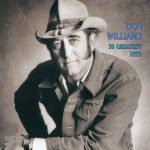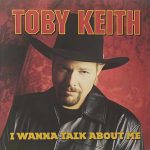Shirley Manson — The Voice That Refused to Whisper
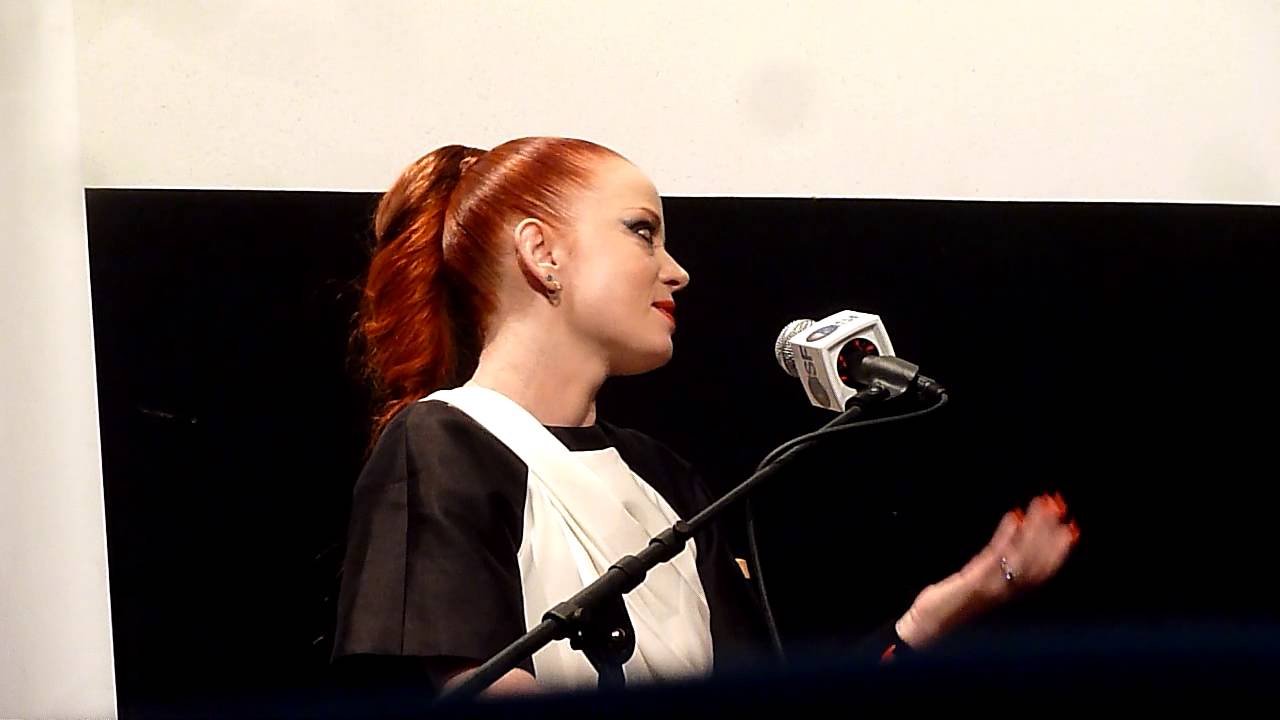
Shirley Manson — The Voice That Refused to Whisper
Game-changer. Rule-breaker. Trailblazer. Shirley Manson wasn’t just another ’90s frontwoman — she was a seismic shift in alternative rock.
As the fierce, magnetic face of Garbage, Shirley brought something that was rare in the male-dominated alt-rock scene: danger wrapped in elegance, vulnerability laced with rage, and a voice that could seduce, snarl, or scream — sometimes all in one verse. She didn’t just front a band; she commanded it.
Tracks like “Stupid Girl” and “Only Happy When It Rains” weren’t just radio hits — they were anthems for outsiders. Shirley’s voice, a gritty growl laced with defiance, cut through the polished noise of the late ’90s with something darker, rawer, and far more human. She blurred genre lines effortlessly — weaving together grunge, industrial, electronic, and alt-pop into something cold yet seductive, mechanical yet achingly personal.
But what truly made her a force wasn’t just the music — it was the message. Long before it became common to speak openly about mental health, feminism, and female rage, Shirley was onstage and in interviews telling the truth. About shame. About trauma. About the pressure to conform in an industry built to mold women into quiet, palatable figures.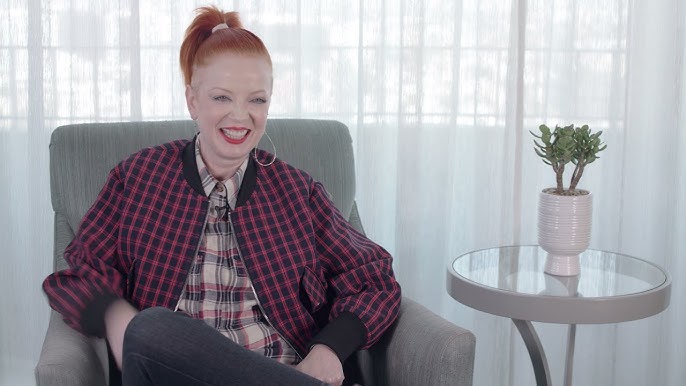 She refused — unapologetically, gloriously — and in doing so, gave permission to thousands of others to do the same.
She refused — unapologetically, gloriously — and in doing so, gave permission to thousands of others to do the same.
She didn’t smile on command. She didn’t dress for approval. She wore vulnerability like armor and turned pain into poetry. Even today, she remains a blueprint for the bold: artists who dare to take up space, speak out, and sound like no one but themselves.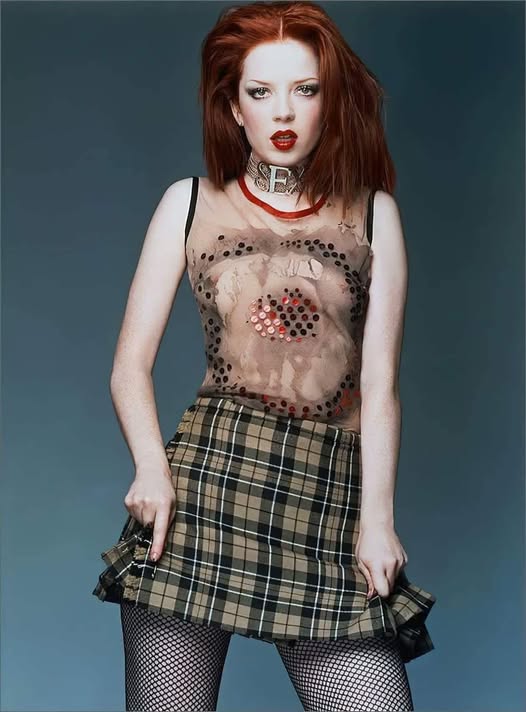
Shirley Manson wasn’t just a voice of the ’90s. She’s a voice that echoes — fierce, fearless, and forever ahead of her time.
